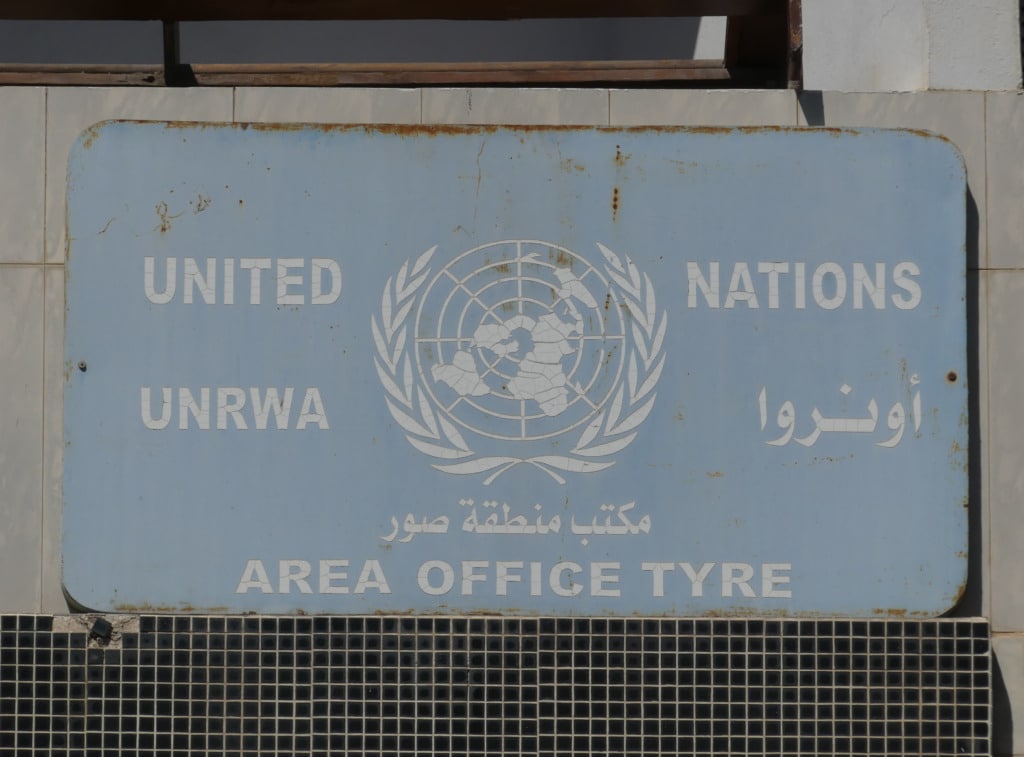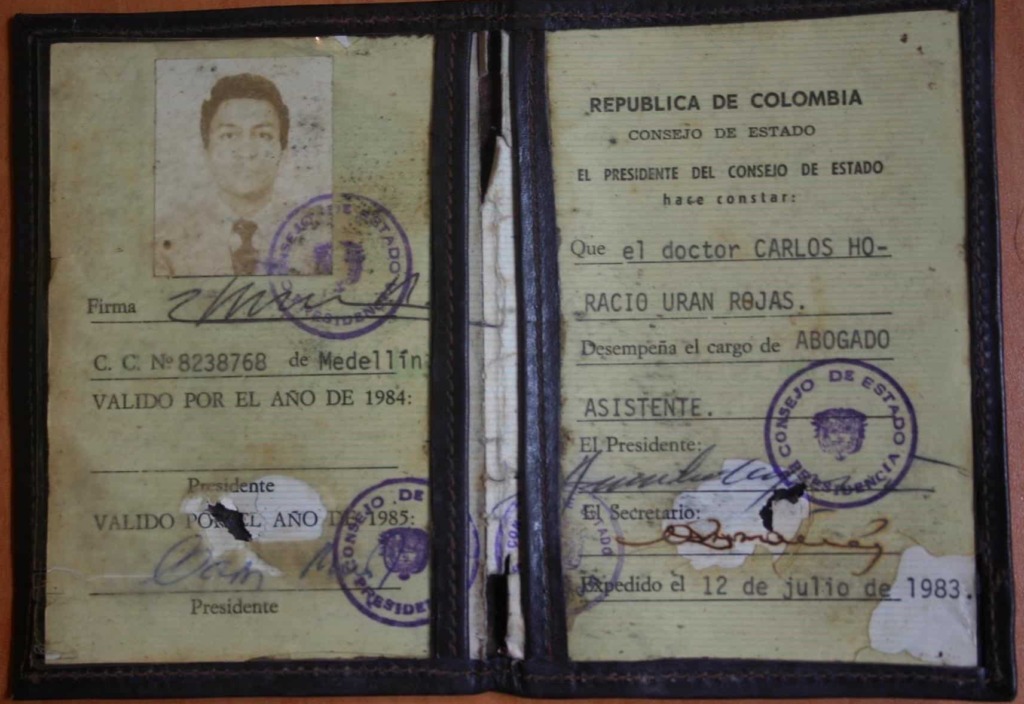How (Not) to Decide Whether a Foreign Judgment Is Preclusive
Foreign judgments are generally entitled to recognition in the United States. Beneath that simple statement, however, lie many complexities. When lawyers and judges do not understand those complexities, they are likely to go astray. That seems to be what happened in Wash v. Finch, a recent federal decision in the District of New Jersey. This…
Continue ReadingMexico’s Claims Against Gun Manufacturers Suffer a Personal Jurisdiction Setback
In 2021, Mexico sued seven U.S. gun manufacturers in federal district court for the District of Massachusetts, alleging that they design, market, and sell guns in ways that they know will arm Mexican drug cartels. As described in an earlier post, the First Circuit held that some of Mexico’s claims were not barred by the…
Continue ReadingEighth Circuit Rejects Argument for Foreign-Policy Abstention
On August 1, 2024, the Eighth Circuit issued its decision in Reid v. Doe Run Resources Corp., rejecting defendants’ argument that the case should be dismissed based on international comity. As Maggie Gardner has explained in greater detail here and here, the plaintiffs in Reid are more than 1,400 Peruvian citizens who suffered harm as…
Continue ReadingFourth Circuit Rejects Forum Non Conveniens Defense to Enforcing Arbitral Award
The New York Convention governs the recognition and enforcement of most foreign arbitral awards in the United States. Article V of the Convention sets forth limited grounds on which enforcement may be refused. But Article III makes the enforcement of foreign arbitral awards subject to “the rules of procedure of the territory where the award…
Continue ReadingVictims of Hamas sue UNRWA
Victims of the October 7, 2023, attacks by Hamas have sued UNRWA USA, a Delaware non-profit that provides aid for Palestinians in Gaza. The case is one of several involving the war in Gaza, including one filed by residents of Gaza against the Biden administration and one brought by victims of Hamas against the National…
Continue ReadingWhat Does Overruling Chevron Mean for Transnational Litigation?
For the past forty years, under Chevron U.S.A. Inc. v. Natural Resources Defense Council (1984), courts have deferred to an agency’s interpretation of a federal statute when the statute is ambiguous and the agency’s interpretation is reasonable. On June 28, 2024, the U.S. Supreme Court overturned Chevron. In Loper Bright Enterprises v. Raimondo, the Court…
Continue ReadingExhausting Remedies Under the TVPA
In 1992, Congress passed the Torture Victim Protection Act (TVPA) to create an express cause of action against individuals who, under color of foreign law, commit torture or extrajudicial killing. The TVPA has an exhaustion provision requiring courts to dismiss claims under the provision “if the claimant has not exhausted adequate and available remedies in…
Continue ReadingChiquita Liable for Financing Colombian Paramilitary Death Squads
In a win for international human rights advocacy, a Florida jury has found a U.S. corporation liable for human rights violations committed in a foreign country. This first of three “bellwether” trials involved nine cases. Hundreds remain to be tried in this multidistrict litigation. The jury’s verdict is the latest development in a civil case…
Continue ReadingFifth Circuit Applies Act of State Doctrine in Holocaust Art Case
Does the act of state doctrine apply to mistakes? On May 29, 2024, the Fifth Circuit held in Emden v. Museum of Fine Arts, Houston that the doctrine bars a claim for return of a painting that the Dutch government gave to the wrong person after World War II. There were several copies of this…
Continue ReadingGanpat’s Saga Continues
Regular TLB readers may recall the tragic story of Kholkar Vishveshwar Ganpat, an Indian citizen and merchant seaman who lost his toes to malaria, allegedly because his ship failed to stock sufficient antimalarial medicine when it docked at Savannah, Georgia. In 2018, Ganpat sued the ship’s operator, Singapore-based Eastern Pacific Shipping (EPS), in federal district…
Continue Reading








